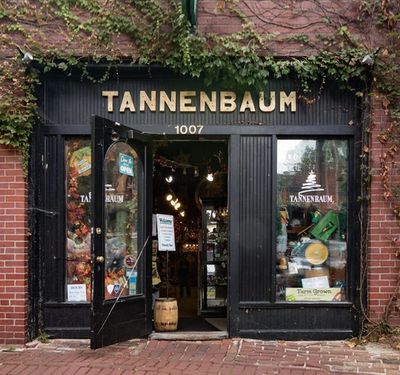T.H.U.G. Life
Book adaptation receives five stars for diversity and powerful message
In the past year, there has been a huge wave of representation in the media. Movies like “Love, Simon” and “Crazy Rich Asians” flipped the perspectives on their respective minorities, but “The Hate U Give,” which brings light to the police brutality and general injustice in urban neighborhoods, is another incredibly important movie about one of the most oppressed groups of people in America.
“The Hate U Give” is about a black girl named Starr (Amandla Stenberg), whose parents enroll her and her brothers Seven (Lamar Johnson) and Sekani (TJ Wright) at a private school called Williamson Prep in order to keep them safe from their crime-ridden neighborhood, Garden Heights. When she steps foot in Williamson, she flips a metaphoric switch in her brain and becomes “Starr Version 2.” Starr’s flipping of her identities is known as code-switching, a phenomenon well known to me and other people of color–especially black girls–that attend predominantly white schools.
Code-switching originally meant the constant alternating between two or more languages in a single conversation. However, code-switching has begun to take on a new meaning referring to the swapping of one’s identities depending on who we surround ourselves with. Code-switching can result in a loss of one’s true self and sometimes, we’ll flip that switch and never flip it back.
I did personally connect with what Starr went through at Williamson, but my experiences aren’t exactly like what Starr had to deal with. I did not grow up in an urban neighborhood and went to predominantly white private schools until 10th grade when I attended my first public school. Because of my suburban, private school upbringing, even my parents claimed that I had become “whitewashed” by my peers.
My hair was straight almost every day and I never truly appreciated myself nor my culture. Recently I’ve been trying to become more comfortable in my own skin and to accept my blackness as a part of me. I’ve been trying to wear my hair natural more often and learn more about Sudanese culture. Seeing Starr go through more or less what I am currently going through and overcome it, made me feel empowered. And it reassured me of the fact that someday I will stay true to the skin that I was blessed to have.
Later on, Starr attends a party and reconnects with her childhood friend, Khalil (Algee Smith). Shortly into their conversation, a shot is fired inside the house and all the party attendees scatter in different directions. Khalil drives Starr away from the party. However, while they’re on the road, they get pulled over by a white cop, who shoots and kills an unarmed Khalil. Even though Khalil did not provoke him in any way, an innocent life still got taken.
Starr is encouraged by her family to speak out on the local news, participates in Justice for Khalil protests–protests that strikingly parallelled the Justice for Trayvon protests in 2012–and is a witness for the trial of Officer 115 (Drew Starkey), but 115 walks free without so much as a slap on the wrist.
Starr’s efforts may seem futile to some, but she did start a real change in Garden Heights and began to accept herself and her blackness. She aided in ending the gang violence in her community, takes out her braids and becomes the real Starr―no version 1 or 2―a girl who is comfortable in her own skin and empowered by her melanin.
The bringing to life of author Angie Thomas’ story of police brutality was handled with immense grace by director George Tillman Jr. Stenberg portrayed Starr’s double life in a way that captivated critics and reminded anyone who saw the movie why she is one of Hollywood’s favorites. Neither Starr nor Stenberg allowed injustice in their communities and made an effort to speak out for what they believed in. Follow their example, and instead of waiting for someone else to change your community, be the one that makes a change.




